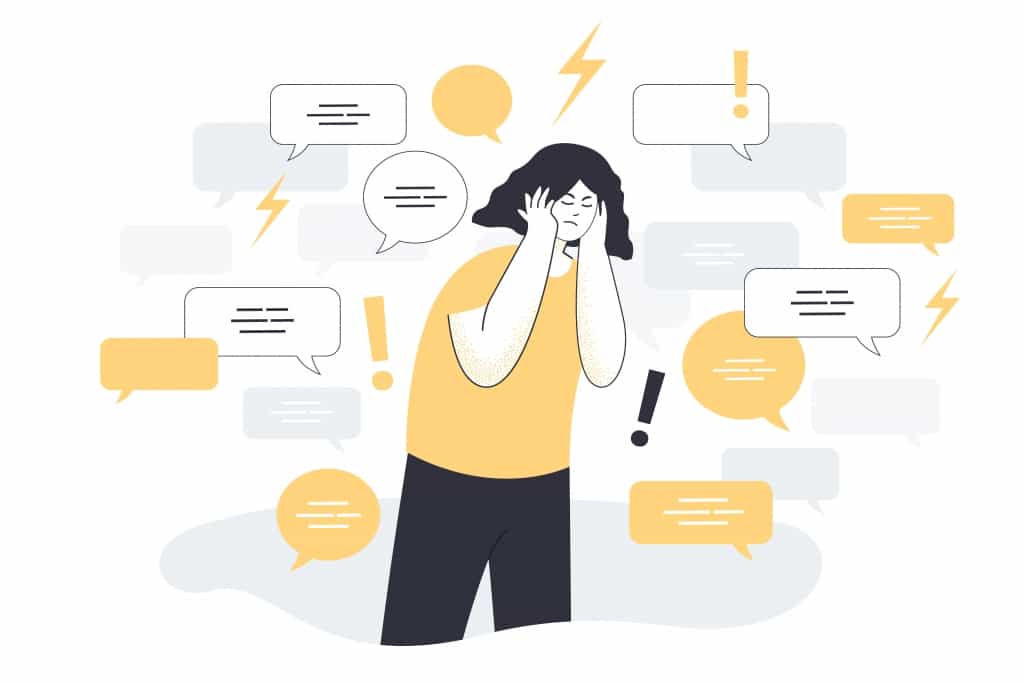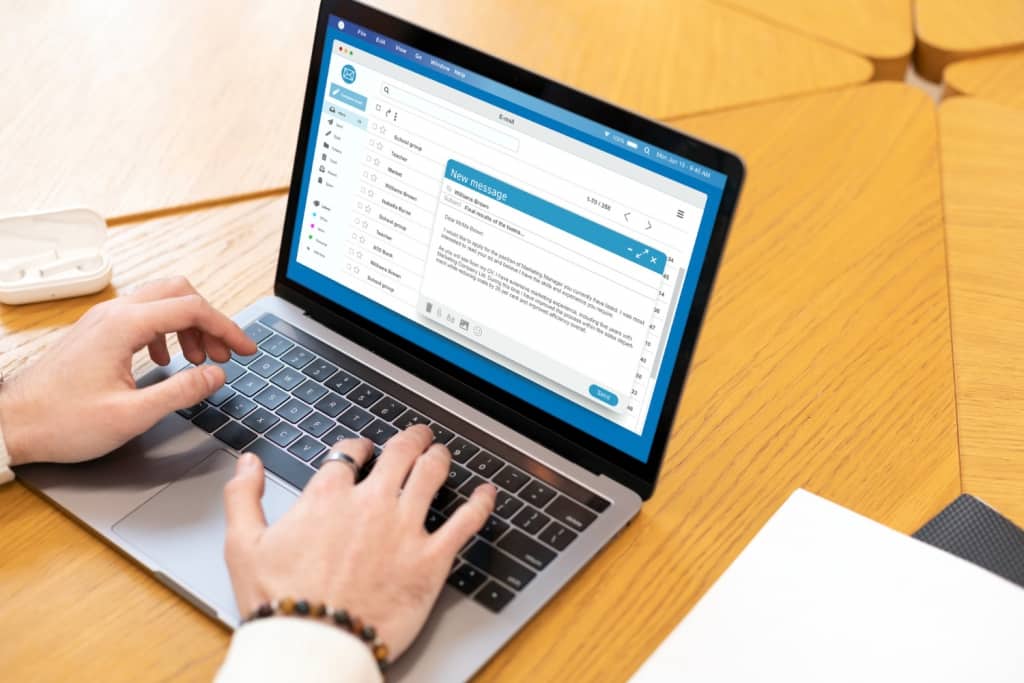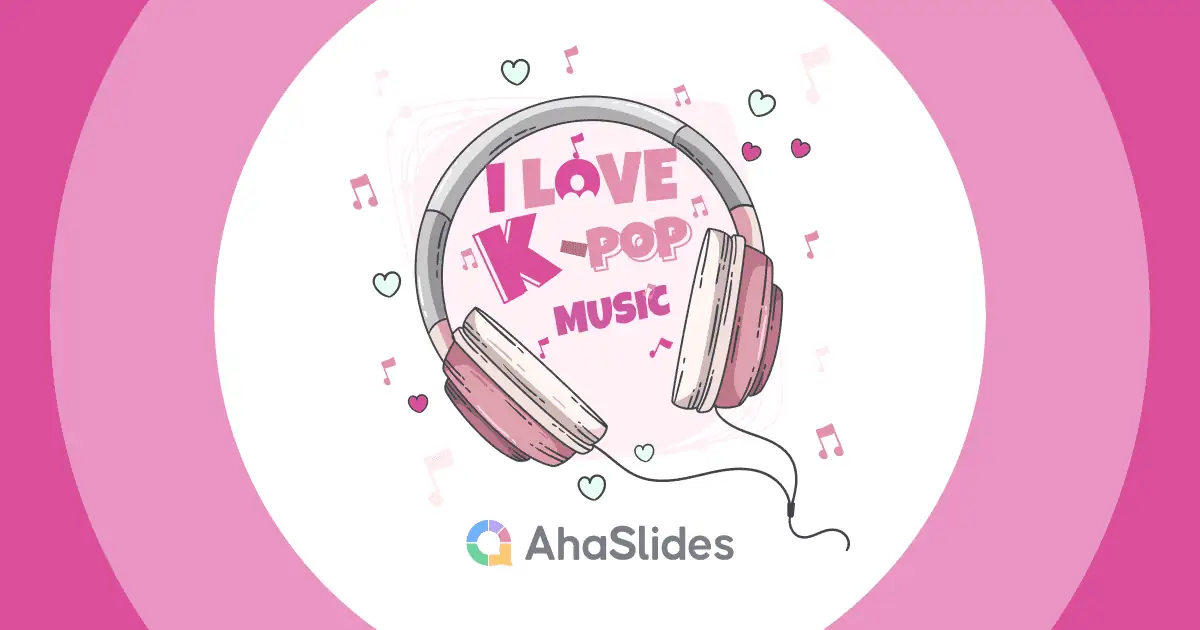Das haben wir alle schon durchgemacht. Jemand fragt: „Wie geht es dir?“, und der Autopilot schaltet sich mit einem einfachen „Gut“ oder „Fein“ ein. Diese Antworten sind zwar höflich, verbergen aber oft unsere wahren Gefühle. Das Leben kann eine Herausforderung seinUnd manchmal kann sich ein „guter“ Tag geradezu schrecklich anfühlen. Was wäre, wenn wir diese Frage als Chance für eine echte Verbindung nutzen würden?pen_spark
In diesem Beitrag ändern wir Ihre Standardantwort und erkunden über 70 Möglichkeiten, sich mit einem auszudrücken Wie geht es dir? Antwort in bestimmten Situationen. Wer weiß? Möglicherweise entdecken Sie in Ihren Gesprächen eine neue Ebene der Verbindung.
Inhaltsverzeichnis
- Wie reagieren Sie in ungezwungenen Situationen?
- Wie reagieren Sie in formellen Situationen?
- Wie geht es Ihnen? Antworten Sie, wenn Sie eine schwierige Zeit haben
- Wie geht es Ihnen? Antworten Sie, wenn Sie dankbar sind
- Wie geht es Ihnen mit der Antwort auf eine formelle E-Mail?
- Häufig gestellte Fragen

Tipps für besseres Engagement
- Live-Fragen und Antworten Tool zur Stärkung Ihrer Präsentation
- Wie man Fragen stellt
- Wie man jemanden fragt, ob es ihm gut geht

Mehr Spaß in Ihrer Icebreaker-Session.
Statt einer langweiligen Orientierungsveranstaltung starten wir ein lustiges Quiz, um mit deinen Freunden ins Gespräch zu kommen. Melde dich an und nimm am kostenlosen Quiz aus der AhaSlides-Vorlagenbibliothek teil!
🚀 Holen Sie sich ein kostenloses Quiz ☁️
Wie reagieren Sie in ungezwungenen Situationen?
In ungezwungenen Situationen müssen Sie nicht lange antworten. Abhängig von Ihrer Beziehung zur fragenden Person sollten Sie Ihre Antwort jedoch anpassen. Beispielsweise könnten Sie einem engen Freund gegenüber offener sein als einem flüchtigen Bekannten.
Außerdem ist es höflich, die Frage zu erwidern und zu fragen, wie es der anderen Person geht. Das zeigt, dass dir die andere Person wichtig ist, und sorgt für ein ausgewogeneres Gespräch.
Hier sind einige Beispiele dafür, wie Sie in ungezwungenen Situationen antworten:
- Mir geht es gut, danke!
- Nicht schlecht und dir?
- Mir geht es gut, wie geht es dir?
- Kann mich nicht beschweren, wie läuft dein Tag?
- Ziemlich gut, danke der Nachfrage!
- Nicht allzu schäbig, wie wäre es mit dir?
- Dir geht es gut. Wie geht es dir?
- Mir geht es gut. Danke fürs Einchecken!
- Ich halte durch. Und du?
- Mir geht es gut. Wie war deine Woche?
- Mir geht es großartig. Und du?
- Es gibt nicht viel zu beanstanden. Und du?
- Mir geht es ziemlich gut, danke der Nachfrage!
- Geht es dir gut, wie steht es mit dir selbst?
- Mir geht es gut. Wie läuft dein Tag?
- Mir geht es gut, und dir?
- Alles gut. Und bei dir?
- Kann mich nicht beschweren, wie läufts bei dir?
- Ganz gut und dir?
- Nicht schlecht. Wie läuft dein Tag?
- Mir geht es gut. Und dir?
- Die Dinge sind gut, und du?
- Mir geht es gut. Danke der Nachfrage!
- Ich hatte einen anstrengenden Arbeitstag, aber ich habe das Gefühl, etwas erreicht zu haben.
Wie reagieren Sie in formellen Situationen?

In formellen Situationen sollten Sie eine formelle Sprache verwenden und Slang oder Umgangssprache vermeiden, um einen respektvollen Ton und ein professionelles Auftreten zu bewahren.
Auch wenn du einen schlechten Tag hast, versuche, dich auf die positiven Aspekte deiner Arbeit oder Situation zu konzentrieren. Und vergiss nicht, der Person oder Organisation, mit der du interagierst, deine Dankbarkeit auszudrücken.
Hier sind einige Beispiele von
Wie reagieren Sie in formellen Situationen?- Mir geht es gut, danke, dass Sie vorbeigeschaut haben. Wie kann ich Ihnen heute helfen?
- Vielen Dank, dass Sie sich um mich gekümmert haben. Wie kann ich Ihnen helfen?
- Mir geht es gut, danke der Nachfrage. Es war bisher ein produktiver Tag.
- Mir geht es gut. Danke für Ihre Anfrage. Ich schätze Ihre Liebe zum Detail.
- Mir geht es gut, danke der Nachfrage. Ich freue mich auf unser heutiges Treffen.
- Mir geht es gut, danke. Es ist mir eine Freude, heute hier zu sein.
- Vielen Dank für Ihre Anfrage. Mir geht es gut. Es ist mir eine Ehre, mit Ihrem Team zusammenzuarbeiten.
- Mir geht es gut, danke der Nachfrage. Ich freue mich, heute hier sein zu können.“
- Mir geht es gut. Danke fürs Einchecken. Es ist ein anstrengender Tag, aber ich komme zurecht.
- Alles klar, danke der Nachfrage. Ich freue mich darauf, das Projekt mit Ihnen weiter zu besprechen.
- Mir geht es gut, danke. Ich freue mich über die Gelegenheit, heute mit Ihnen zu sprechen.
- Mir geht es gut. Danke für Ihre Anfrage. Ich bin dankbar für die Möglichkeit, an diesem Projekt mitzuarbeiten.
- Mir geht es gut. Vielen Dank für Ihr Interesse. Ich bin zuversichtlich, dass wir eine Lösung finden können.
- Mir geht es gut und ich weiß es zu schätzen, dass Sie sich melden. Ich möchte mehr über Ihre Ziele erfahren.
- Mir geht es gut, danke der Nachfrage. Ich freue mich darauf, die Details mit Ihnen zu besprechen.
- Mir geht es gut, danke für die Nachfrage. Ich bin optimistisch, was unsere bisherigen Fortschritte angeht.
- Mir geht es gut, und ich weiß Ihre Fürsorge zu schätzen. Ich kann es kaum erwarten, mit den Details des Projekts zu beginnen.
- Mir geht es gut, danke der Nachfrage. Ich lege Wert auf qualitativ hochwertigen Service.
Wie geht es Ihnen? Antworten Sie, wenn Sie eine schwierige Zeit haben

Es ist in Ordnung, zuzugeben, dass du dich in einer schwierigen Situation befindest, und ehrlich über deine Gefühle zu sprechen. Du musst nicht im Detail auf alles eingehen, was schief läuft. Formuliere deine Antwort stattdessen kurz und bündig.
Scheuen Sie sich außerdem nicht, um Hilfe oder Unterstützung zu bitten. Wenn Sie anderen mitteilen, dass Sie Probleme haben, fühlen Sie sich weniger allein.
Hier sind einige Beispiele, die Sie möglicherweise benötigen:
- Mir geht es im Moment nicht besonders gut. Aber ich weiß Ihre Sorge zu schätzen.
- Ich mache gerade eine schwierige Zeit durch. Aber ich gebe mein Bestes, damit klarzukommen.
- Ich mache gerade eine schwere Zeit durch. Aber ich weiß, dass es irgendwann besser wird.
- Ich mache gerade eine schwere Zeit durch, aber ich gebe mein Bestes, weiterzumachen.
- Ehrlich gesagt, ich habe Schwierigkeiten. Und du?
- Es war ein anstrengender Tag, aber ich versuche, mich auf das Positive zu konzentrieren.
- Mir geht es heute nicht sehr gut, aber ich versuche, stark zu bleiben.
- Ich habe es heute schwer, aber ich weiß, dass ich damit nicht allein bin.
- Der heutige Tag war eine Herausforderung, aber ich versuche, aufmerksam und präsent zu bleiben.
- Ehrlich gesagt, fällt es mir im Moment wirklich schwer.
- Es war eine schwere Zeit, aber ich versuche, die Hoffnung nicht zu verlieren.
- Mir geht es nicht gut, aber ich bin dankbar für die Unterstützung meiner Freunde und Familie.
- Ehrlich gesagt war der heutige Tag ziemlich überwältigend.
- Ich mache eine schwere Zeit durch, aber ich gebe mein Bestes, um stark zu bleiben.
Wie geht es Ihnen? Antworten Sie, wenn Sie dankbar sind
Machen Sie es sich zur Gewohnheit, regelmäßig Ihre Dankbarkeit auszudrücken, nicht nur, wenn Sie jemand fragt, wie es Ihnen geht. Dies wird Ihnen helfen, insgesamt eine positivere Einstellung zu entwickeln.
Hier sind einige Beispiele von
Wie geht es dir? Antwort, wenn du dankbar bist:- Ich fühle mich wirklich gut und bin dankbar für meine Gesundheit und meine Familie.
- Mir geht es gut, danke der Nachfrage. Ich bin heute sehr glücklich und dankbar.
- Mir geht es gut und ich bin dankbar für meinen Job, mein Zuhause und meine Lieben.
- Mir geht es gut und ich bin dankbar für die Lektionen, die ich gelernt habe, und für die Menschen in meinem Leben.
- Ich fühle mich gesegnet für all die Erfahrungen, die mich geprägt haben.
- Ich bin dankbar für die kleinen Momente der Freude, die das Leben zu etwas Besonderem machen.
- Mir geht es gut und ich bin dankbar für die Schönheit der Natur um mich herum.
- Ich bin dankbar für die Menschen in meinem Leben, die jeden Tag schöner machen.
- Ich fühle mich wirklich gut und bin dankbar für die Freundlichkeit von Fremden und die Liebe meiner Familie.
- Mir geht es großartig und ich bin dankbar, dass ich anderen helfen kann.
- Ich bin dankbar für die kleinen Freuden des Lebens, die mich glücklich machen.
- Ich fühle mich großartig und bin dankbar für die Erinnerungen, die ich gemacht habe, und die Abenteuer, die vor mir liegen.
Wie geht es Ihnen mit der Antwort auf eine formelle E-Mail?

Denken Sie daran, dass Sie förmlich kommunizieren, daher sollte Ihre Antwort angemessen und professionell sein.
Darüber hinaus müssen Sie sicherstellen, dass Sie in Ihrer Antwort eine höfliche Sprache, die richtige Grammatik und Zeichensetzung verwenden. Dies trägt dazu bei, einen professionellen Ton zu vermitteln und Missverständnisse zu vermeiden. Zeigen Sie nach der Beantwortung der Frage Interesse am Empfänger, indem Sie fragen, wie es ihm geht oder ob Sie ihm bei irgendetwas helfen können.
Hier sind einige Beispiele von
Wie geht es Ihnen mit der Antwort auf eine formelle E-Mail:- Mir geht es gut. Vielen Dank für Ihre freundliche Anfrage. Schön, wieder von Ihnen zu hören.
- Ich weiß Ihre Anteilnahme zu schätzen. Mir geht es gut und ich hoffe, Ihnen geht es genauso.
- Danke fürs Einchecken. Mir geht es gut, und ich hoffe, Ihnen geht es auch. Wie kann ich Ihnen weiterhelfen?
- Mir geht es gut, danke der Nachfrage. Ich hoffe, Ihnen geht es auch gut. Wie kann ich Ihnen behilflich sein?
- Vielen Dank für Ihre Anfrage. Mir geht es gut. Bitte melden Sie sich, falls Sie noch etwas benötigen.
- Vielen Dank für Ihre E-Mail. Mir geht es gut und ich hoffe, Sie sind bei bester Gesundheit.
- Mir geht es gut, danke der Nachfrage. Ich hoffe, deine Woche verläuft bisher reibungslos.
- Ich weiß Ihre Aufmerksamkeit zu schätzen. Mir geht es gut, danke. Wie kann ich Ihnen helfen?
Key Take Away
Egal, ob Sie in einem lockeren Chat oder einer formellen E-Mail antworten, Sie müssen Ihre Antwort an den jeweiligen Kontext anpassen und sich authentisch ausdrücken. Hoffentlich helfen Ihnen die über 70 Antworten in bestimmten Situationen, die Sie oben finden, dabei, eine tiefere Verbindung zu anderen aufzubauen.
Und vergiss das nicht AhaFolien bietet eine innovative Möglichkeit, Ihr Publikum einzubeziehen und Feedback zu seiner Leistung zu sammeln. Mit unserer Vorlagen, können Sie ganz einfach erstellen interaktive Umfragen F&A die es Ihrem Publikum ermöglichen, seine Gedanken und Gefühle in Echtzeit mitzuteilen. Probieren Sie es doch mal mit uns aus und bringen Sie Ihre Präsentationen auf die nächste Stufe.
Häufig gestellte Fragen
Warum fragen die Leute: „Wie geht es dir?“
Die Frage „Wie geht es Ihnen?“ zeigt oft, dass man Ihnen wichtig ist und sich für Ihr Wohlbefinden interessiert. Diese Begrüßung ist in verschiedenen Kontexten üblich, von lockeren Gesprächen bis hin zu formellen Meetings oder E-Mails.
Wie antworte ich in einem professionellen Umfeld auf die Frage „Wie geht es Ihnen?“?
Wenn Sie in einem beruflichen Umfeld auf die Frage „Wie geht es Ihnen?“ antworten, können Sie beispielsweise Folgendes sagen:
– Mir geht es gut. Danke für Ihre Anfrage. Ich schätze Ihre Liebe zum Detail.
– Mir geht es gut, danke der Nachfrage. Ich freue mich auf unser heutiges Treffen.
– Mir geht es gut, danke. Es ist mir eine Freude, heute hier zu sein.
– Vielen Dank für Ihre Anfrage. Mir geht es gut. Es ist mir eine Ehre, mit Ihrem Team zusammenzuarbeiten.
– Mir geht es gut, danke der Nachfrage. Ich freue mich, heute hier sein zu können.“
Woran erkennt man, wie es Ihnen geht?
– Fragen Sie einfach und höflich „Wie geht es Ihnen?“
– Fragen Sie nach ihrem allgemeinen Wohlbefinden mit „Wie geht es Ihnen?“
– Erkundigen Sie sich nach einem bestimmten Aspekt, z. B. „Wie läuft es bei der Arbeit/in der Schule?“
– Melden Sie sich einfühlsam mit „Sie scheinen gestresst zu sein, wie geht es Ihnen?“
– Lockern Sie die Stimmung auf, indem Sie fragen: „Wie geht es Ihnen in letzter Zeit?“








